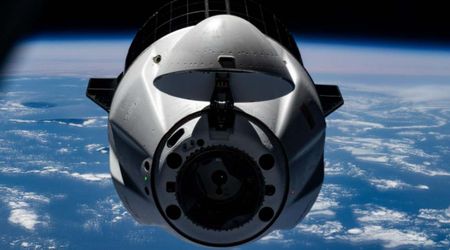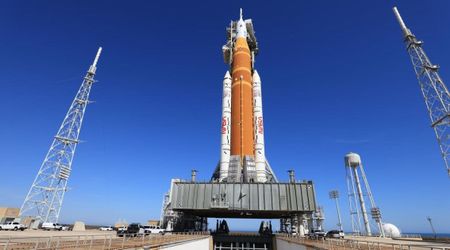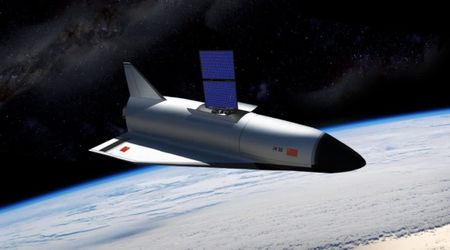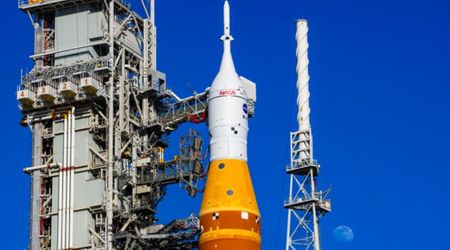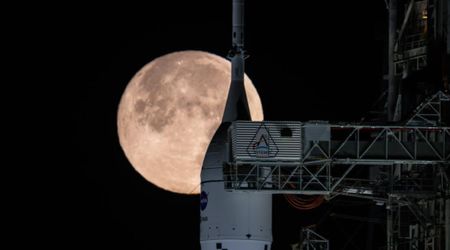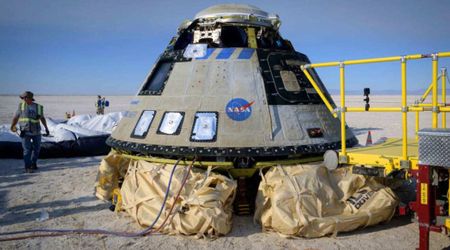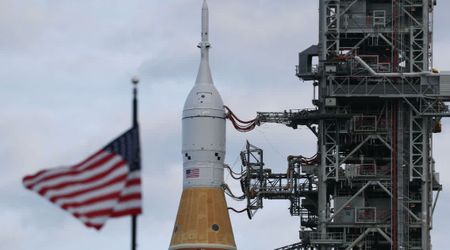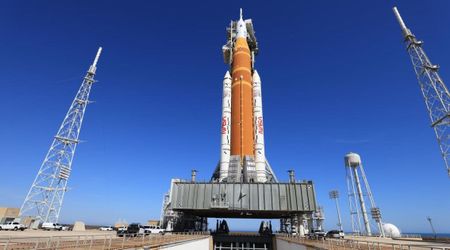Russia launches Progress 92 cargo ship toward the International Space Station

An unmanned Roscosmos Progress 92 cargo spacecraft successfully launched from the Baikonur Cosmodrome in Kazakhstan today, July 4, at 3:32 p.m. EDT. The Soyuz rocket propelled the resupply vehicle into orbit, commencing a two-day transit to the International Space Station, as per NASA.
The Progress 92 cargo craft lifts off on time from the Baikonur Cosmodrome in Kazakhstan packed with three tons of supplies for the Expedition 73 crew. More... https://t.co/2CHcE6Hcgz pic.twitter.com/BoVlnLqXS7
— International Space Station (@Space_Station) July 3, 2025
The Progress 92 is slated for an autonomous docking maneuver at approximately 5:27 p.m. EDT on Saturday, July 5. It will connect with the space-facing Poisk module of the orbiting laboratory. NASA+ will provide live coverage of the rendezvous and docking, beginning at 4:45 p.m. EDT. This crucial mission will deliver approximately three tons of vital supplies to the International Space Station, including provisions of food, fuel, and other essential equipment for the orbiting crew.

Earlier this year, on March 1, the uncrewed Progress 91 spacecraft successfully berthed with Zvezda Service Module's aft port at 6:02 p.m. EST. This Russian cargo vehicle commenced its journey on February 27, lifting off at 4:24 p.m. EST from the Baikonur Cosmodrome aboard a Soyuz rocket, as mentioned by NASA.

The Roscosmos mission for Progress 91 involved delivering approximately three tons of essential provisions, including food, fuel, and other supplies, to the Expedition 72 crew residing on the International Space Station. The spacecraft is projected to remain attached to the station for roughly six months. Following its extended stay, Progress 92 will undock from the ISS and perform a controlled re-entry into Earth's atmosphere. This maneuver will facilitate the disposal of accumulated trash and waste material loaded by the station's crew.
The Progress 89 cargo spacecraft that carried nearly three tons of food, fuel, and supplies to the @Space_Station successfully undocked today. Up next, the Progress 91 spacecraft will launch to the station on Thursday. https://t.co/yrfZzOlky4 https://t.co/nn8wAiR6o9
— NASA's Johnson Space Center (@NASA_Johnson) February 25, 2025
According to NASA, the International Space Station (ISS) Program stands as a monumental achievement, not solely for its technological prowess but equally for its profound human element. Its success lies in the meticulous planning, coordination, and oversight of numerous contributing organizations. This global endeavor is a testament to striking international partnerships among the space agencies of the United States, Russia, Europe, Japan, and Canada, making it the most politically intricate space exploration program ever conceived.
The ISS Program seemingly integrates international flight crews, a diverse array of launch vehicles, and a globally dispersed network of facilities encompassing launch, operations, training, engineering, and development. This complex web is further supported by extensive communications networks and a vibrant international scientific research community. A remarkable feat of engineering, elements manufactured in various countries and on different continents are only assembled once in orbit. Intriguingly, some components launched later in the station's assembly sequence weren't even constructed when the initial modules were already in orbit.
Operating the space station presents unique challenges due to its international nature. Each partner agency bears primary responsibility for managing and maintaining the hardware it contributes. The ongoing construction, assembly, and daily operations of the ISS rely heavily on a vast array of ground facilities managed by all participating international agencies and countries. These include crucial construction facilities, launch support and processing centers, mission operation hubs, research and technology development centers, and comprehensive communications infrastructure. Launched in 1998, the International Space Station stands as one of humanity's most ambitious international collaborations. This monumental endeavor brings together the United States, Russia, Canada, Japan, and the participating nations of the European Space Agency.
